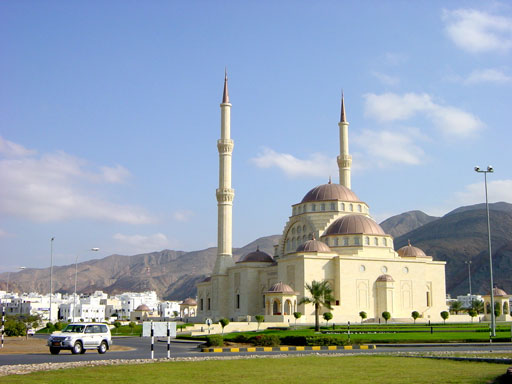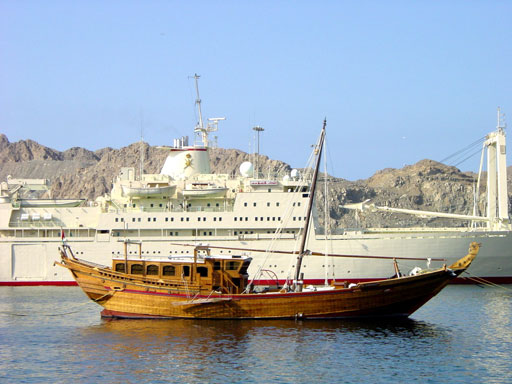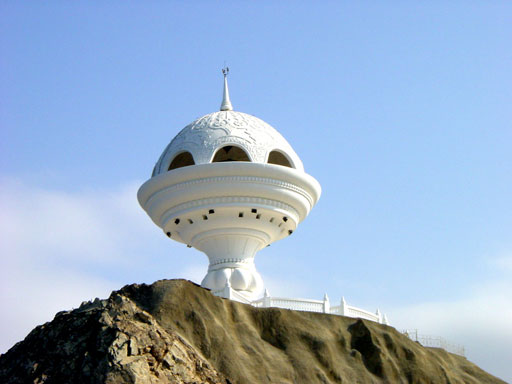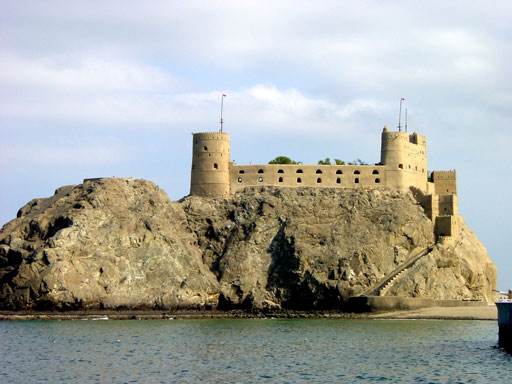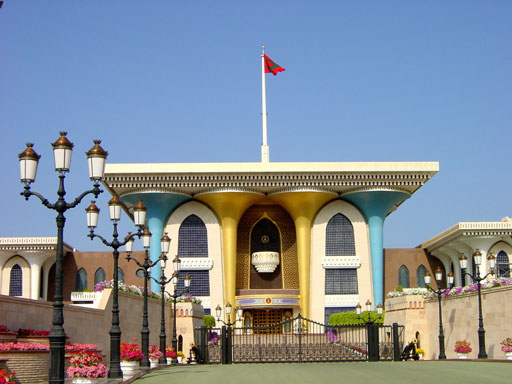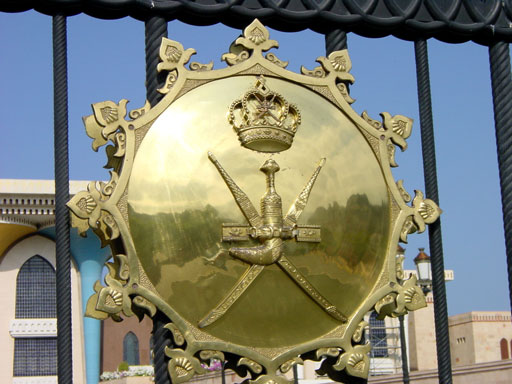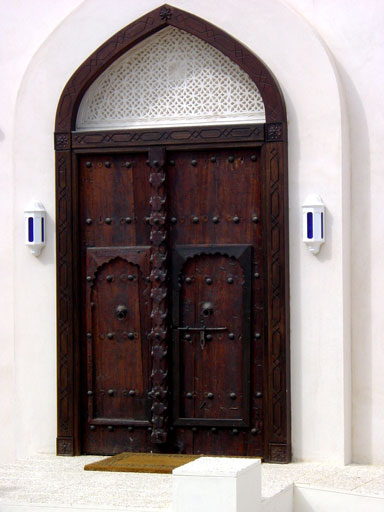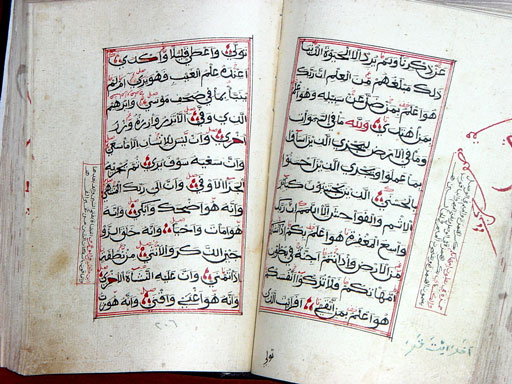- Date
- 13 December 2002
According to Islam, during the nine month of Hirja, or Ramadan, the angel Gabriel revealed the verses of the Quran to the prophet Mohammed making Ramadan the holiest month for Muslims.
Fasting from food is associated with Ramadan, and yes, fasting, prayer and remembrance of God are central to the month, but food does play an important role. Breaking the fast at sundown, or ifthar, by eating dates, and perhaps sweets, and drinking something is much celebrated. (Sugar consumption skyrockets during Ramadan throughout the Muslim world.) Often families gather together for the important ritual of breaking the fast and then again later in the evening for a proper meal together.
Ifthar dishes prepared and served in homes include a wheat soup with meat or chicken called shwarba; a porridge made from rice flour, milk, cardamom and rose water called sahana; deep-fried leavened bread often eaten with honey called loqaimaat; and much-loved porridge of wheat and meat called harees.
The festival of Eid ul Fitr, which begins on 26 December this year, ends fasting and even forbids it. Eid ul Fitr is a cherished holiday, but also a poignant one, as the passing of the holy month brings sadness.
